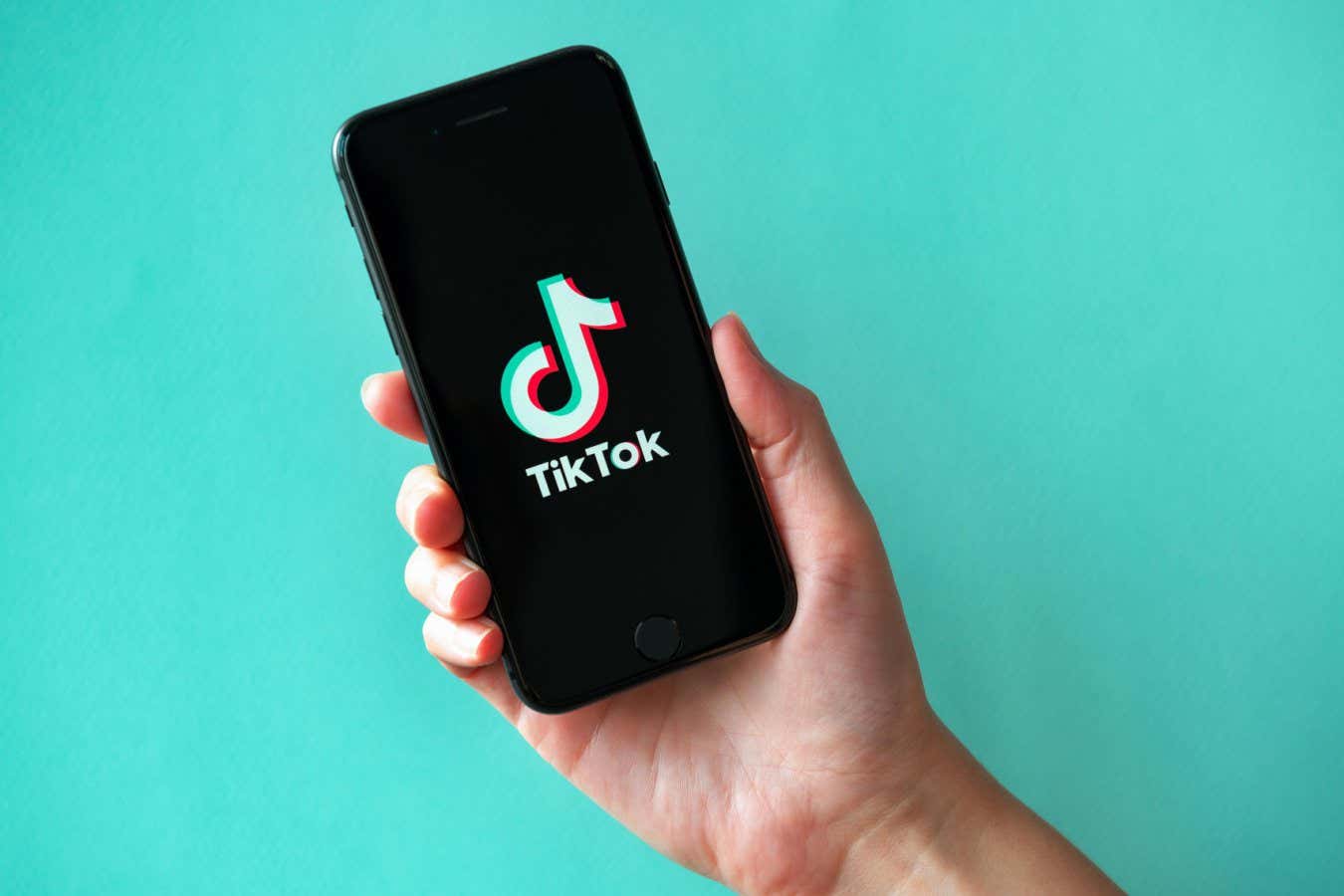A US ban on the video-sharing app TikTok is set to take effect in early 2025 – but the country’s Supreme Court and President-elect Donald Trump could still change that
By Jeremy Hsu
20 December 2024
TikTok is a video-sharing social media platform
Anatolii Babii / Alamy
A US law banning the popular video-sharing app TikTok is set to take effect at the start of 2025 – but the US Supreme Court has agreed to hear TikTok’s legal challenge to this. Meanwhile, President-elect Donald Trump has hinted he might take action against the law, raising new questions about whether it will stand.
What would the TikTok ban actually do?
Starting on 19 January 2025, the “Protecting Americans from Foreign Adversary Controlled Applications Act” would block US companies such as Google and Apple from allowing users to access or update TikTok through their app stores – unless TikTok’s Chinese owner ByteDance sells the app to a US company. It would also require internet service providers to block the platform on US internet browsers. It was approved with bipartisan support by the House of Representatives and Senate before being signed into law by President Joe Biden in April 2024.
If the ban is implemented, it would be practically impossible for new users in the US to download the TikTok app, says Kate Ruane at the Center for Democracy & Technology, a non-profit organisation based in Washington DC. For the 170 million existing TikTok users in the US, the app might remain on their phones. Without access to updates, however, its functionality would degrade over time.
Advertisement
Read more
Smart TVs take snapshots of what you watch multiple times per second
People in the US could still potentially access TikTok using a virtual private network (VPN) service that disguises a user’s location. But the experience of using the app could still worsen, says Ruane: because TikTok content would no longer be housed on nearby US servers, it would load more slowly.
These restrictions stem from concerns about privacy and security. US lawmakers have stated that TikTok is a “national security threat” because China’s government could force ByteDance to hand over TikTok users’ data or pressure the app to modify its algorithm, presenting content that could manipulate public opinion. However, no firm evidence has been provided to support these claims. TikTok has said it has invested heavily to keep US data safe from outside influence and manipulation.
